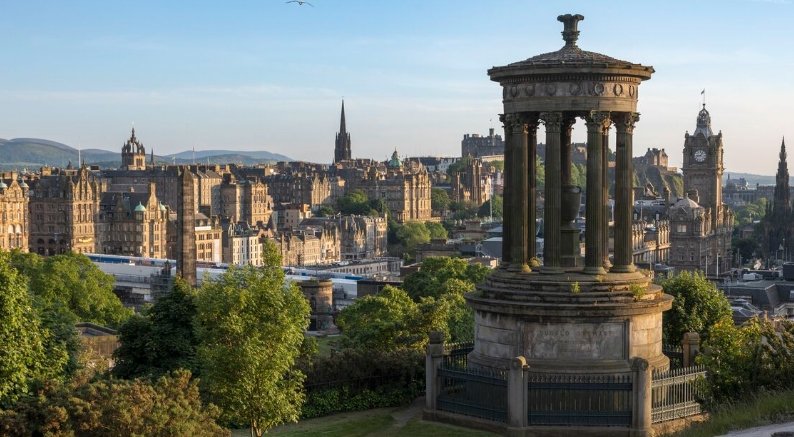The Scottish Government is facing mounting opposition over its controversial tourist tax, with concerns that it could severely impact visitor spending and undermine local businesses. Critics warn that the levy, set to be implemented by local councils, may result in millions lost from the tourism economy.
Tourism Industry Sounds Alarm Over Financial Blow
Hospitality leaders and business owners have voiced their fears that the tourist tax will discourage overnight stays, cutting deep into Scotland’s lucrative tourism sector. The legislation, passed in 2024 by the SNP-led government, grants councils the power to impose a nightly charge on accommodations. Unlike similar taxes in cities like Lisbon and Rome, Scotland’s version will apply even to domestic travelers, igniting concerns among residents and businesses alike.
Edinburgh and Glasgow are set to be the first to introduce the tax in 2026, with other councils expected to follow suit. Industry experts warn that the additional cost could prompt travelers to shorten their visits or choose alternative destinations, leading to an overall decline in visitor expenditure.

Millions at Stake as Spending Declines
The financial consequences could be staggering. UK Hospitality has provided data suggesting that even a modest charge of £2 per night per room could result in:
- A loss of approximately £100 million in accommodation revenue annually.
- A projected drop of £175 million in total visitor spending.
With tourism accounting for a significant portion of Scotland’s economy, such reductions could have widespread effects, from job losses to decreased business investments in the sector.
Impact on Rural Areas and Local Residents
The Highlands, a region heavily reliant on tourism, is expected to feel the tax’s impact more acutely. One particularly contentious issue is the levy’s effect on local residents who must travel for essential services.
For example, in Wick, pregnant women needing to reach Raigmore Hospital in Inverness for childbirth often require overnight stays. If the levy is implemented, these families will face additional charges, adding financial strain to those already dealing with long travel distances for medical care.
Government Knew the Risks but Pushed Ahead
Freedom of information requests by the Scottish Daily Express revealed that the Scottish Government was warned about the tax’s potential negative effects before passing the legislation. Despite concerns raised by the hospitality sector, officials proceeded with the policy.
An independent analysis by STR, a global hotel market data provider, examined the likely impact of the tax in Edinburgh. Their findings indicated that:
| Factor | Expected Impact |
|---|---|
| Visitor Spending | Decline due to additional costs |
| Length of Stay | Potential decrease as visitors cut trips short |
| Destination Choice | Some travelers may opt for tax-free locations |
Industry professionals argue that these outcomes could ripple across Scotland, affecting not only accommodations but also restaurants, attractions, and retail businesses.
A Precedent or a Misstep?
Supporters of the tax claim it aligns Scotland with other European destinations that already have similar levies in place. However, opponents point out that Scotland’s unique approach—applying the tax to domestic travelers as well—sets it apart in a way that could discourage internal tourism.
With implementation on the horizon, businesses and travelers alike are bracing for the economic consequences. Whether Scotland’s tourist tax will serve as a successful revenue generator or a costly policy misstep remains to be seen.


















